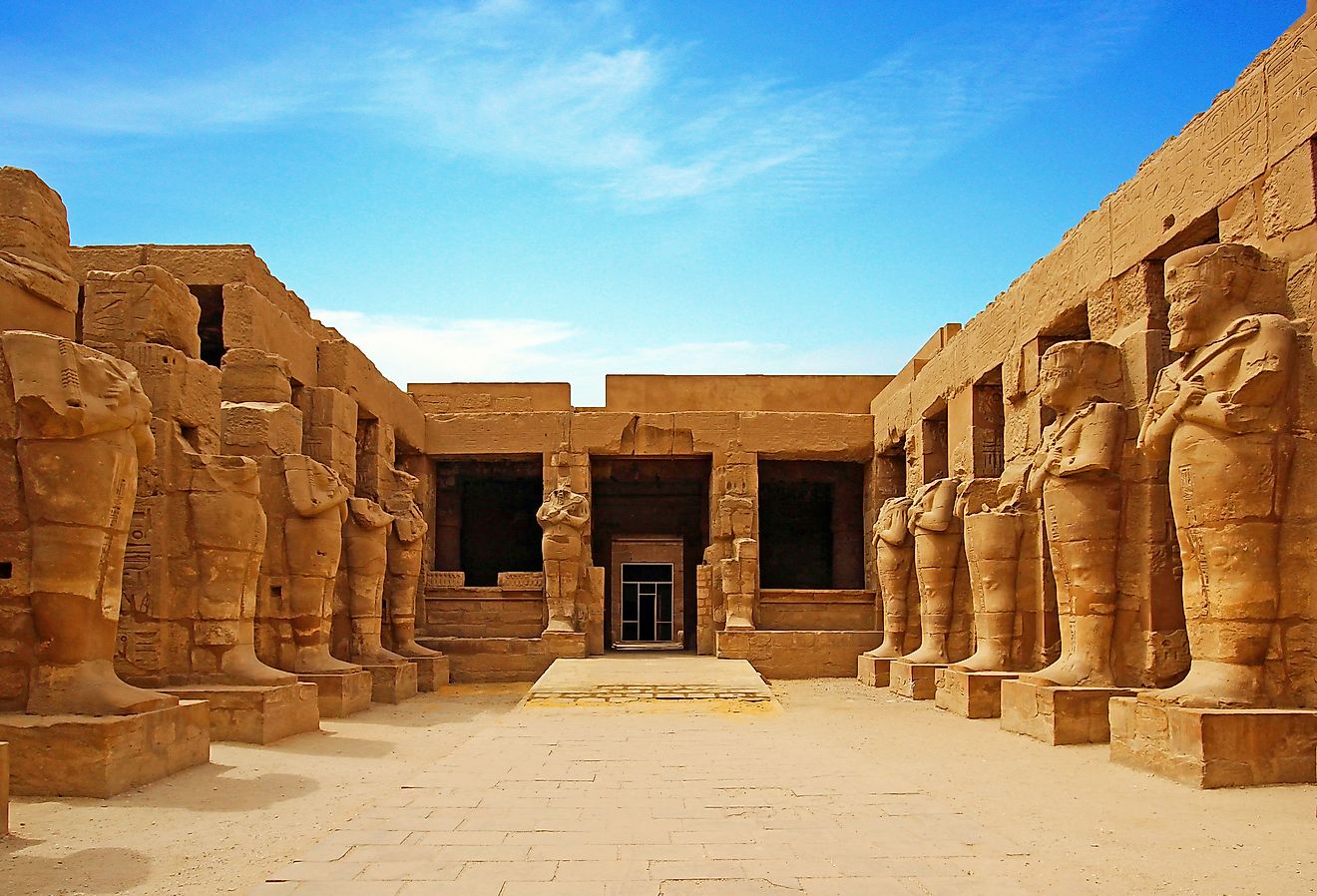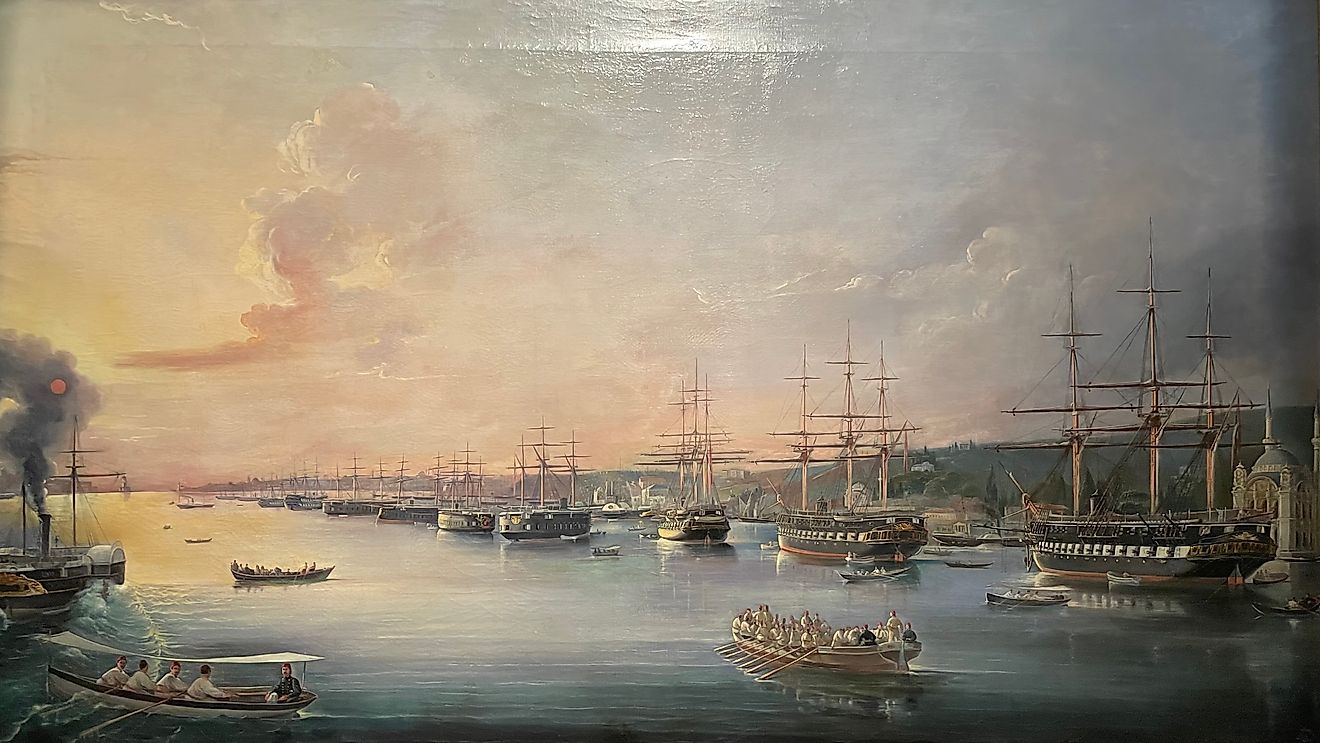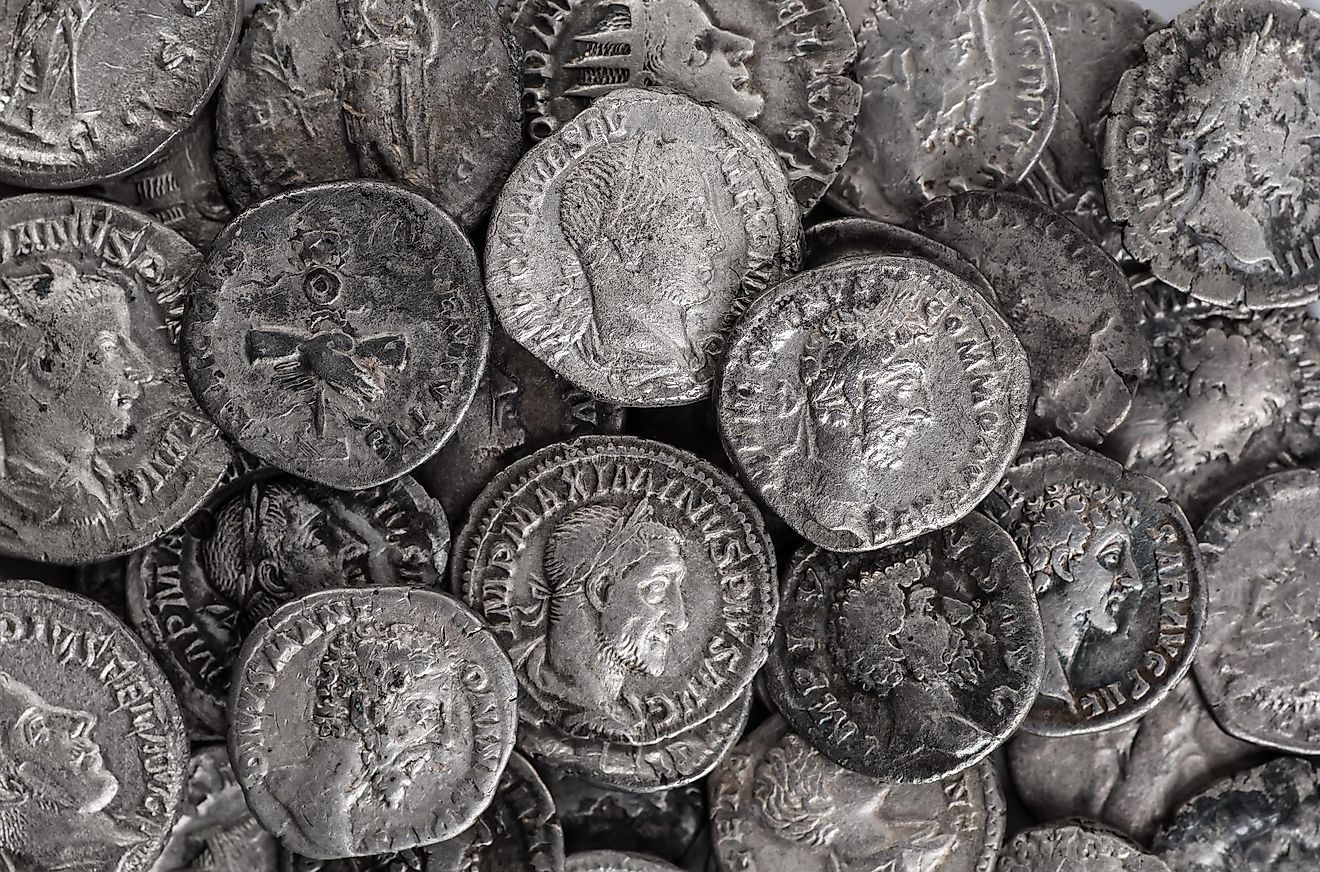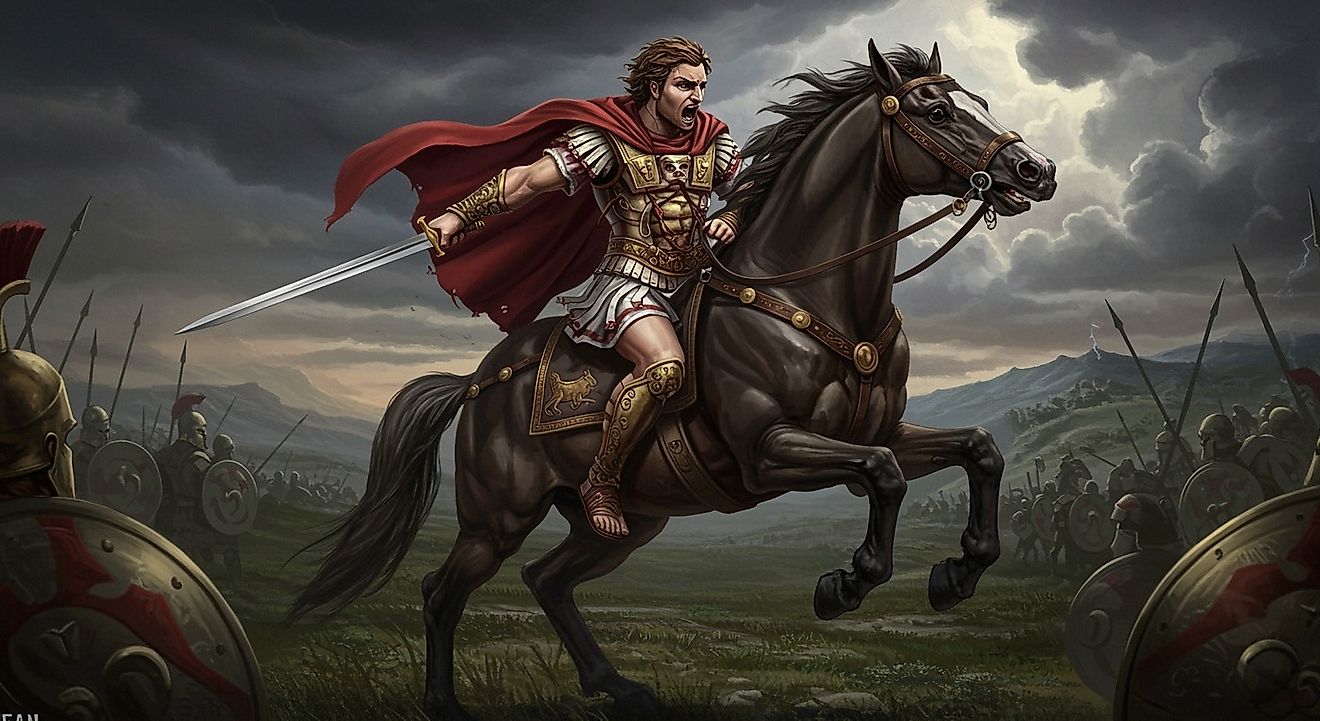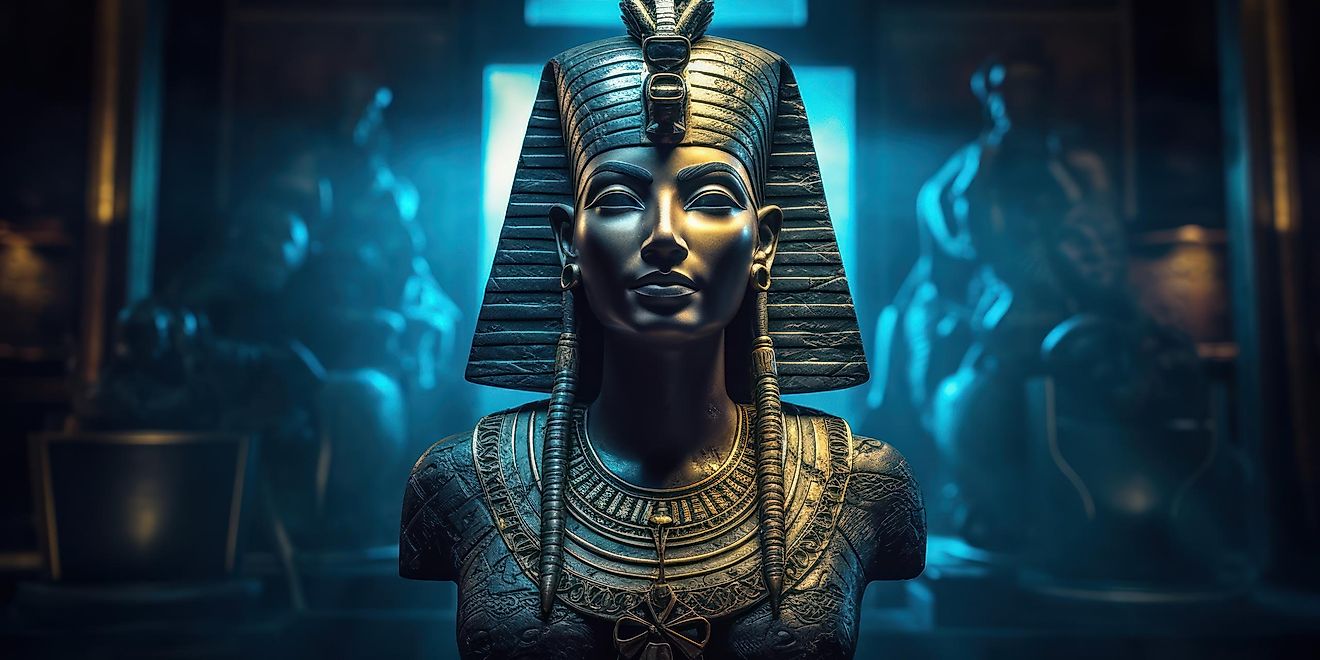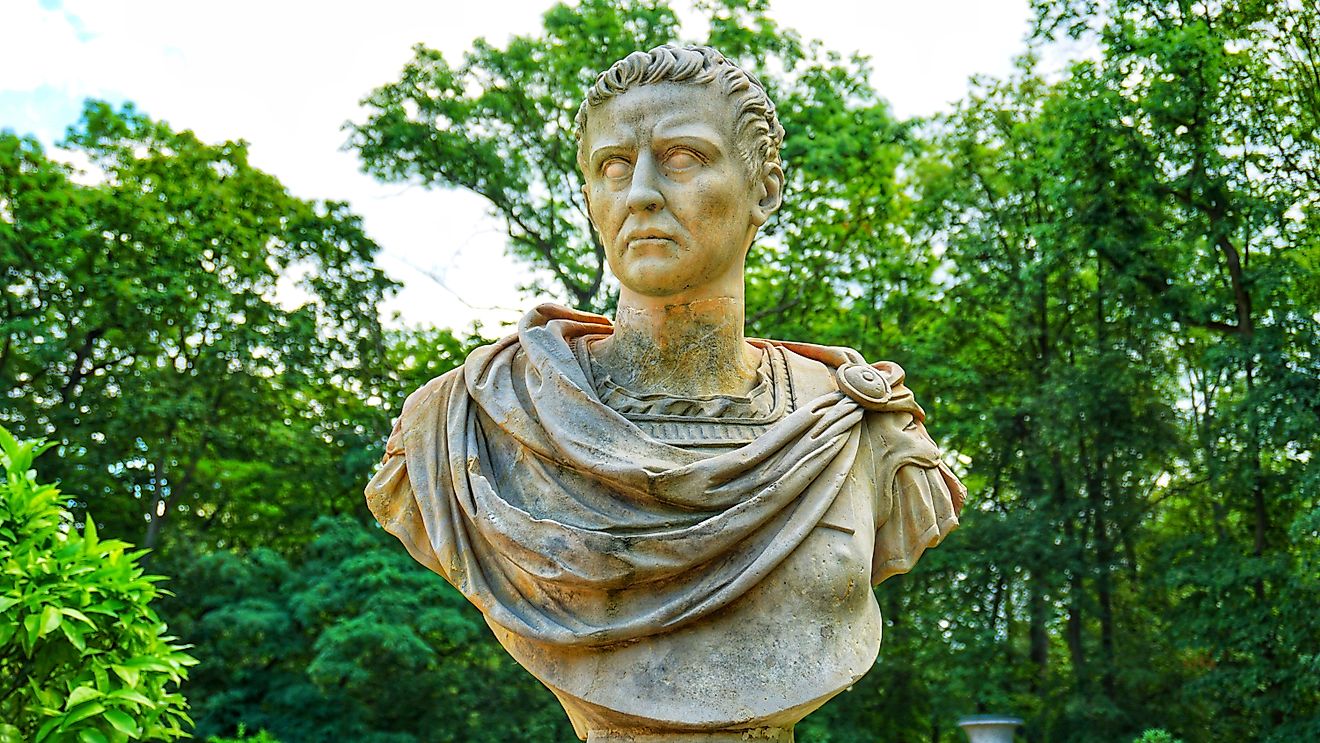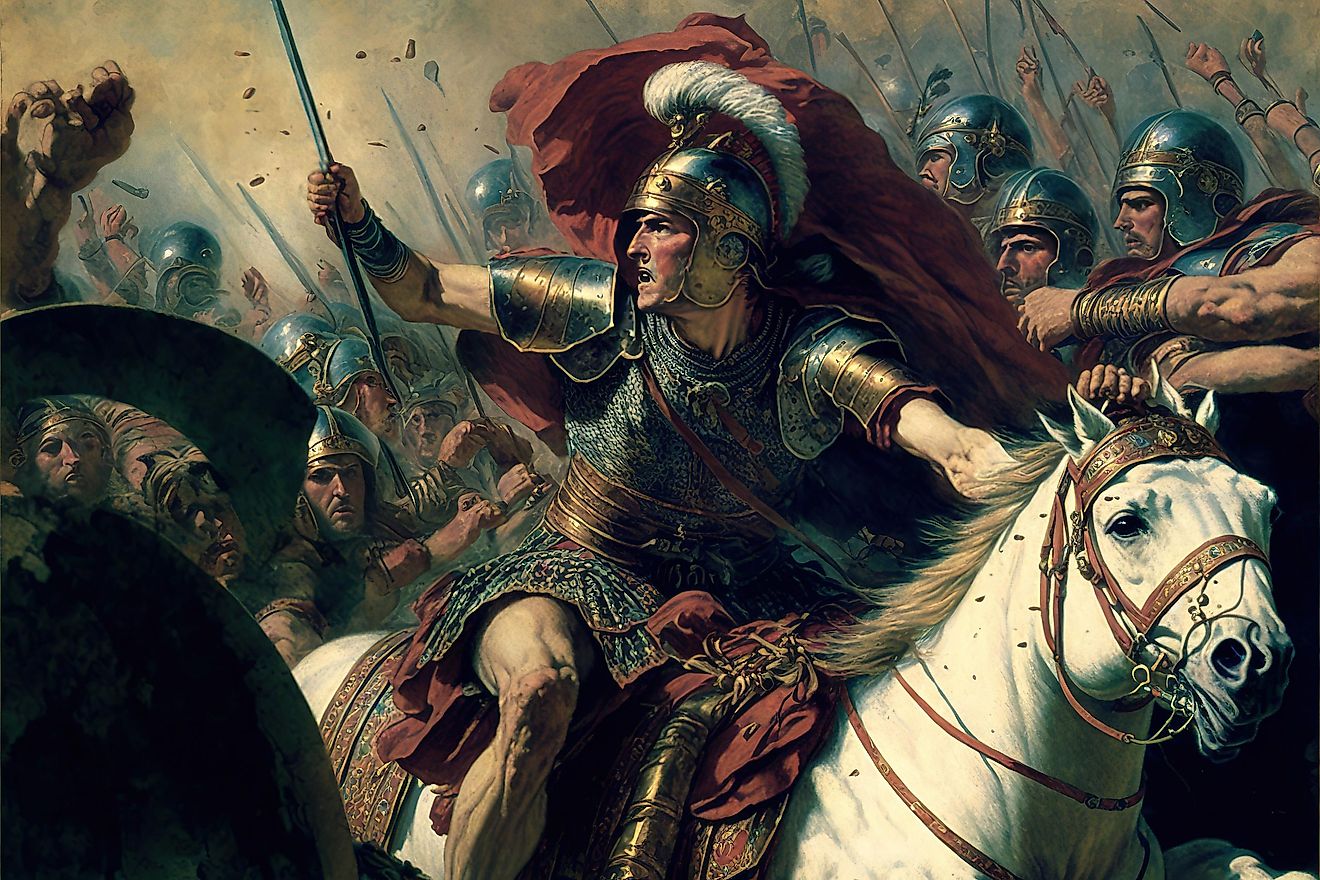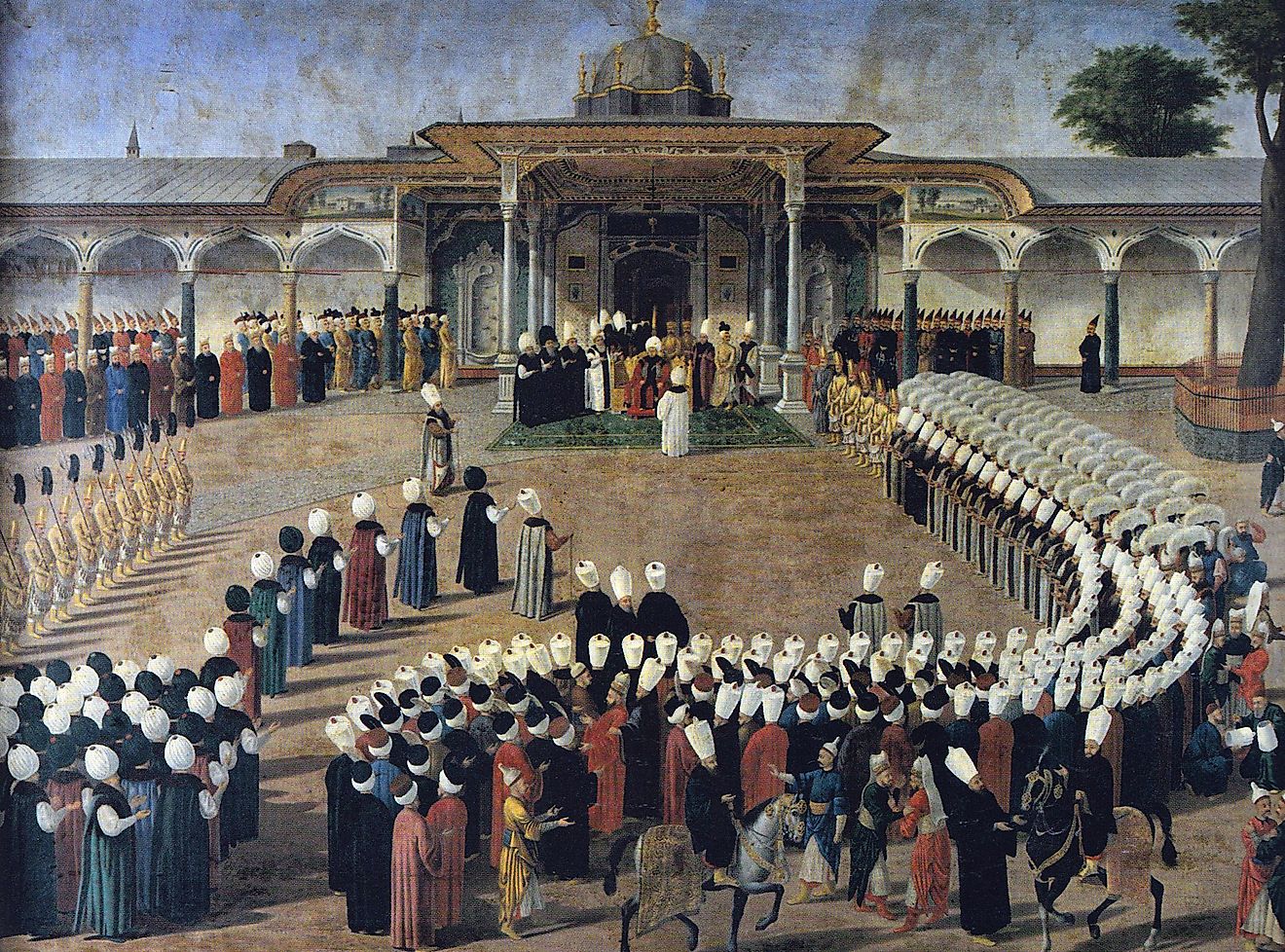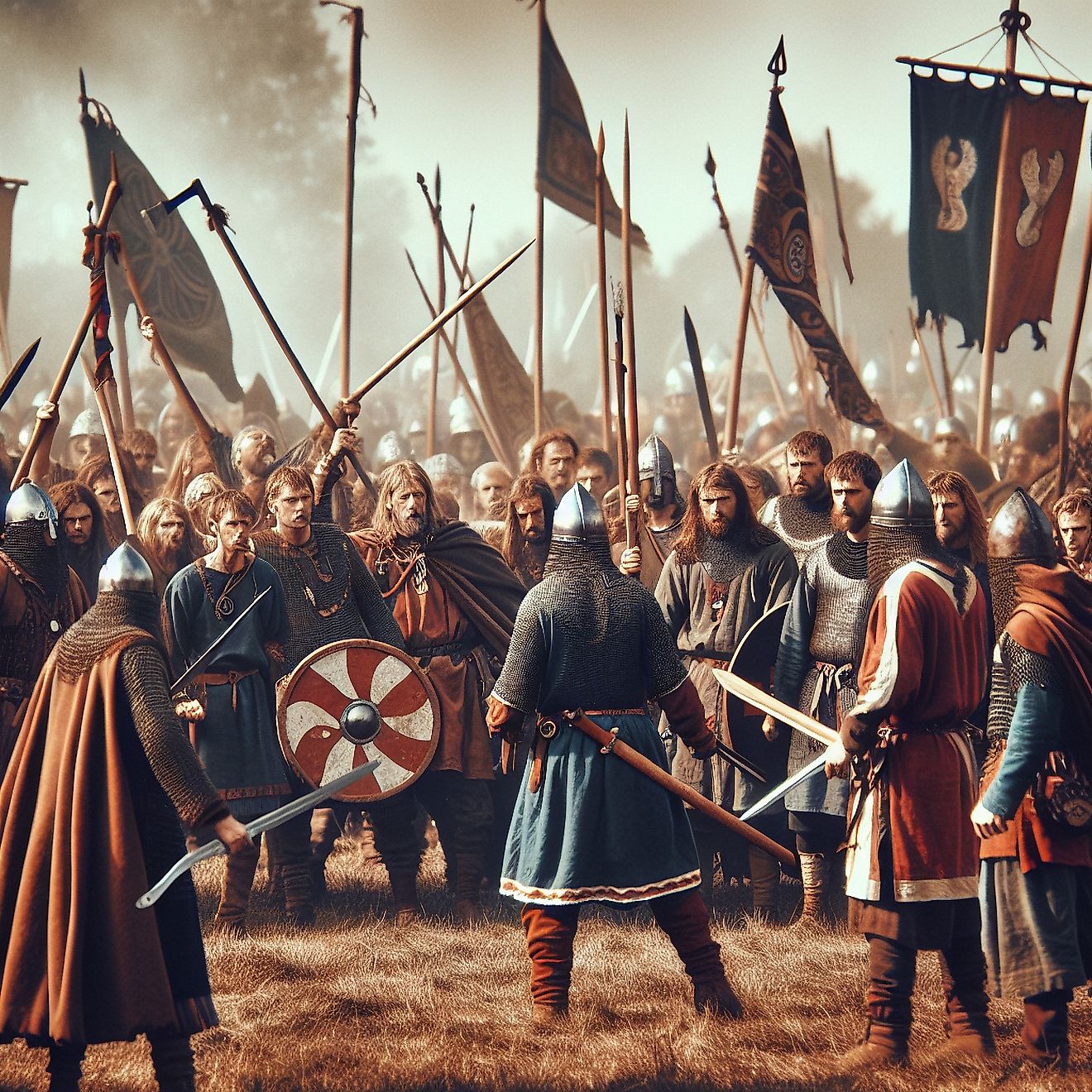How Did The War Of 1812 Contribute To Nationalism?
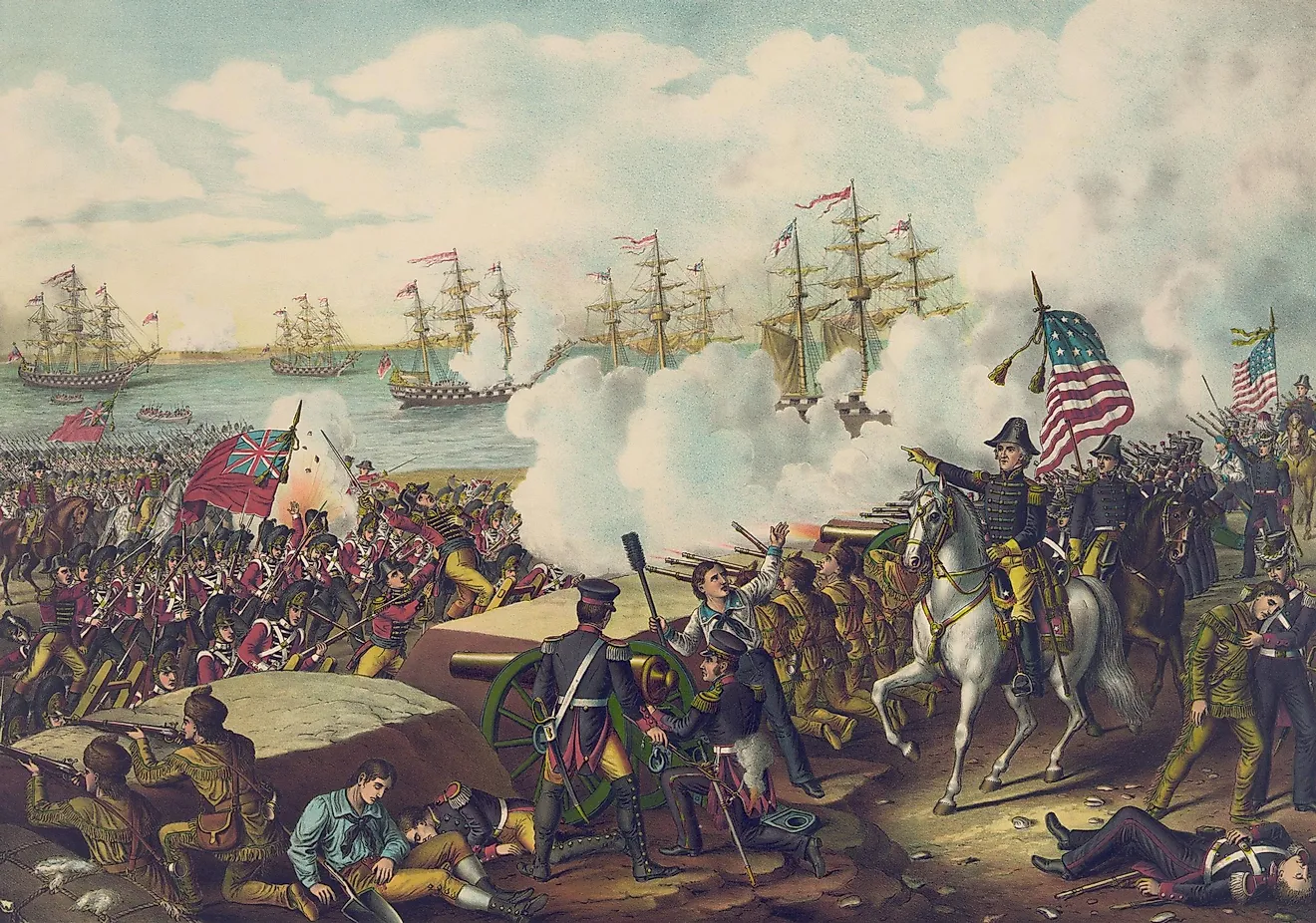
- The period after the War of 1812 ended is known as the Era of Good Feelings, in which the notion of American identity flourished.
- Once the War of 1812 was over, people focused more on what was the national interest of all Americans, not so much on the interests of each individual state.
- From an economic standpoint, the rise of the American nation was possible because the states no longer depended on the import of resources.
The War of 1812 happened when the two opposing sides, the United States on one, and the United Kingdom on the other, could no longer agree about their views on US independence. After three years of conflict, both sides signed a treaty and restored the national boundaries to the way they were before the war started. However, this event had a significant influence on the construction of American identity and shaped the nationalist discourse in the US in many ways.
Birth Of American Nation
Technically, the War of 1812 aimed to be a war for independence. The US no longer wanted to have so many connections with the UK, and there were enough people who started thinking the same thing. If enough people want to take action against something or someone, they can be viewed as a coherent group.
That is what lies within the notion of nationalism: a sense that someone belongs to this group we call ‘’our nation’’, and that others are strangers. This is what was happening across the US, as the conflict with the UK was bound to happen. People living in the United States had if you want to put it directly - a common enemy. There was someone who was threatening the identity and the way of life of American people.
Because of it, people started developing a sense of national identity, a discourse which holds together all the different narratives about what American culture is, how American people should look like, and how American people should run their business. Nationalism, when we look at it from this perspective, had the power to unite people and made them think about loyalty.
The people living on US soil no longer depended on others for supplies, and the state was capable of producing most of the resources inside its territory. The home industry was on the rise, and the problems of sectionalism were becoming more and more prominent.
Unifying Discourse Of Nationalism
That is where a crucial change of thought happened, which sparked the creation of national identity and pride. The UK was now the enemy, and the people in the US no longer thought about the problems between the states inside their territory. Instead, the whole of the US could become one body - a place where all people come together to form a united nation.
By the time the peace treaty was signed, people had developed a sense of what is in the best interest of their state, and the various examples of success on the battlefield grew this feeling only stronger. You could argue that the sense of loyalty and unity is the one that made the people feel more optimistic and made people think of the land they live in as their own.
The Democratic-Republican party was no longer hiding the nationalistic ideas, and the concept of national government seemed like the one who could benefit the newly emerging nation the most. What the US needed next was a stable government, somebody to run the army their bank system to control all the profits coming from international trade.
